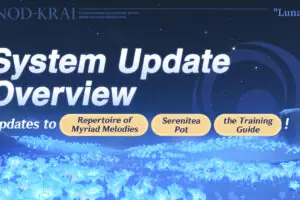Valve previously released a beta that would allow players to peek at the upcoming anti-cheat phase that blocks applications from interacting with the base executable. It’s been a move that has, of course, drawn some lines in the sand, yet the vast majority of Counter-Strike players are eagerly swallowing the newest AC attempt from Valve, asking for more invasive anti-cheats in the future.
Not entirely surprising from the CS:GO community unless looked at the light from Valorant, where the root-level AC was the subject of an absurd number of forum topics and threads that inevitably seemed to boil down to ‘China will control your PC for a botnet.’
Yet Counter-Strike has been around for decades at this point, for good reason: the game is hyper-competitive, combining the strategy of Chess with raw skill in relatively short bursts, with arguably the most well-established esport scene that the world has ever seen.
To have all of that dashed by a bad actor that needs that dopamine hit without learning to play the game is…frustrating.
Enter Trusted Mode for Counter-Strike: Global Offensive that blocks all third-party applications from interacting with the CS:GO executable in an attempt to block more cheaters from being able to ruin matches. Granted, within an hour of the first match a GitHub was posted that circumvented the anti-cheat measure entirely, but hopes remain high that this will block the majority of lower-end cheats.
Cheaters that have been around for years will, unfortunately, likely be unaffected from this.
Yet even one less cheater in Counter-Strike is something that the community will take as a ‘W’, as more developers struggle to wrap their minds around how they could possibly stay a step ahead of the cheating community that exists just to throw a couple of matches for good fun.
In the newest update, Trusted Mode is now the default process that players will load into Counter-Strike with. Users can opt to turn off the Trusted Mode, however, they will not be able to join VAC servers without it.
Valve states that third-party developers will need their applications that interact with CS:GO to be digitally signed; users that wish to opt-out of the Trusted Mode can launch CS:GO with ‘-insecure’ option in launch.
The entire size of the update is relatively nominal at 15 MB; this shift will be watched closely by the CS:GO community along with other developers to see if it helps cut down on the number of blatant scripting and cheats that are run in the competitive title. Fingers crossed.





